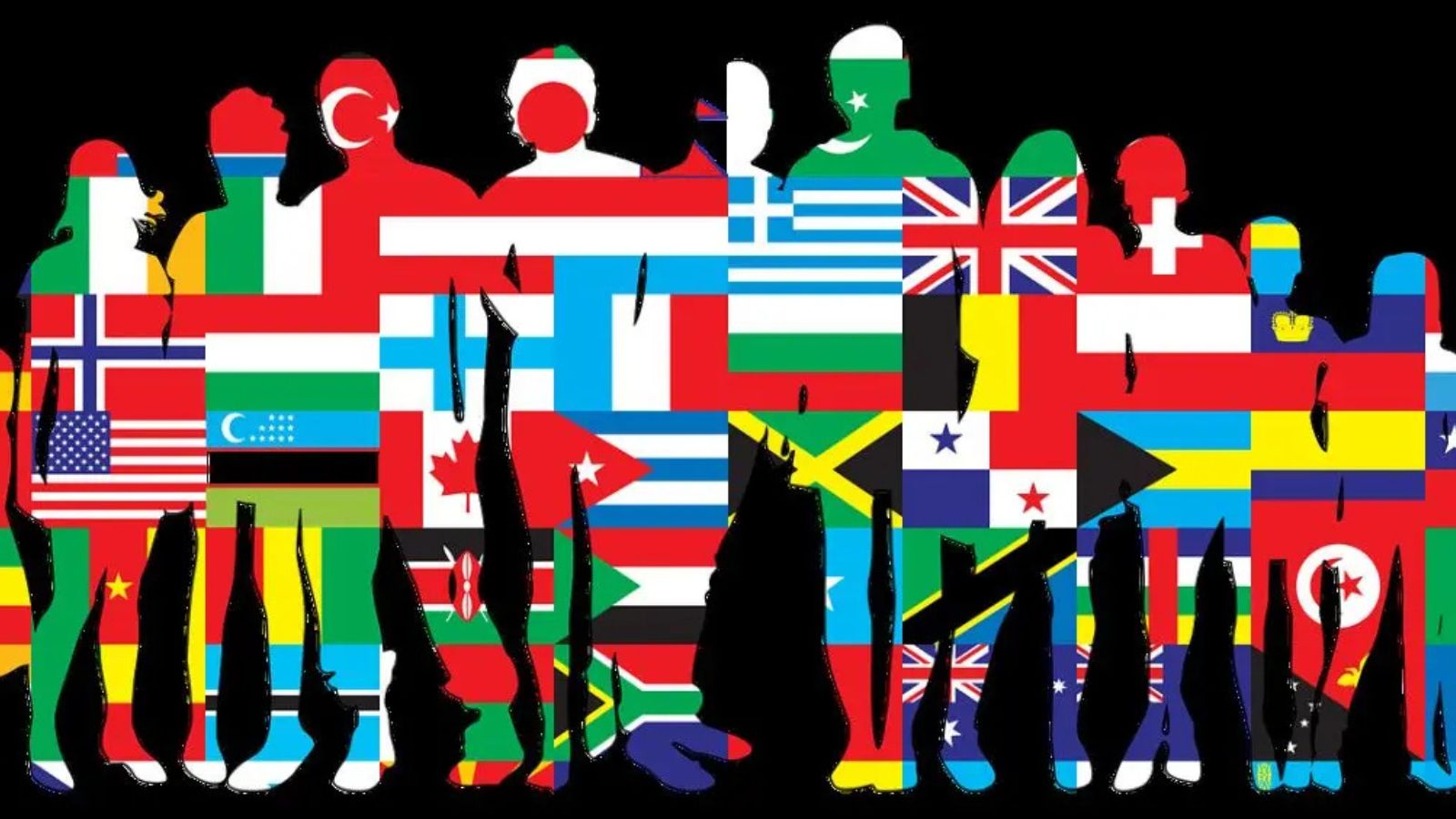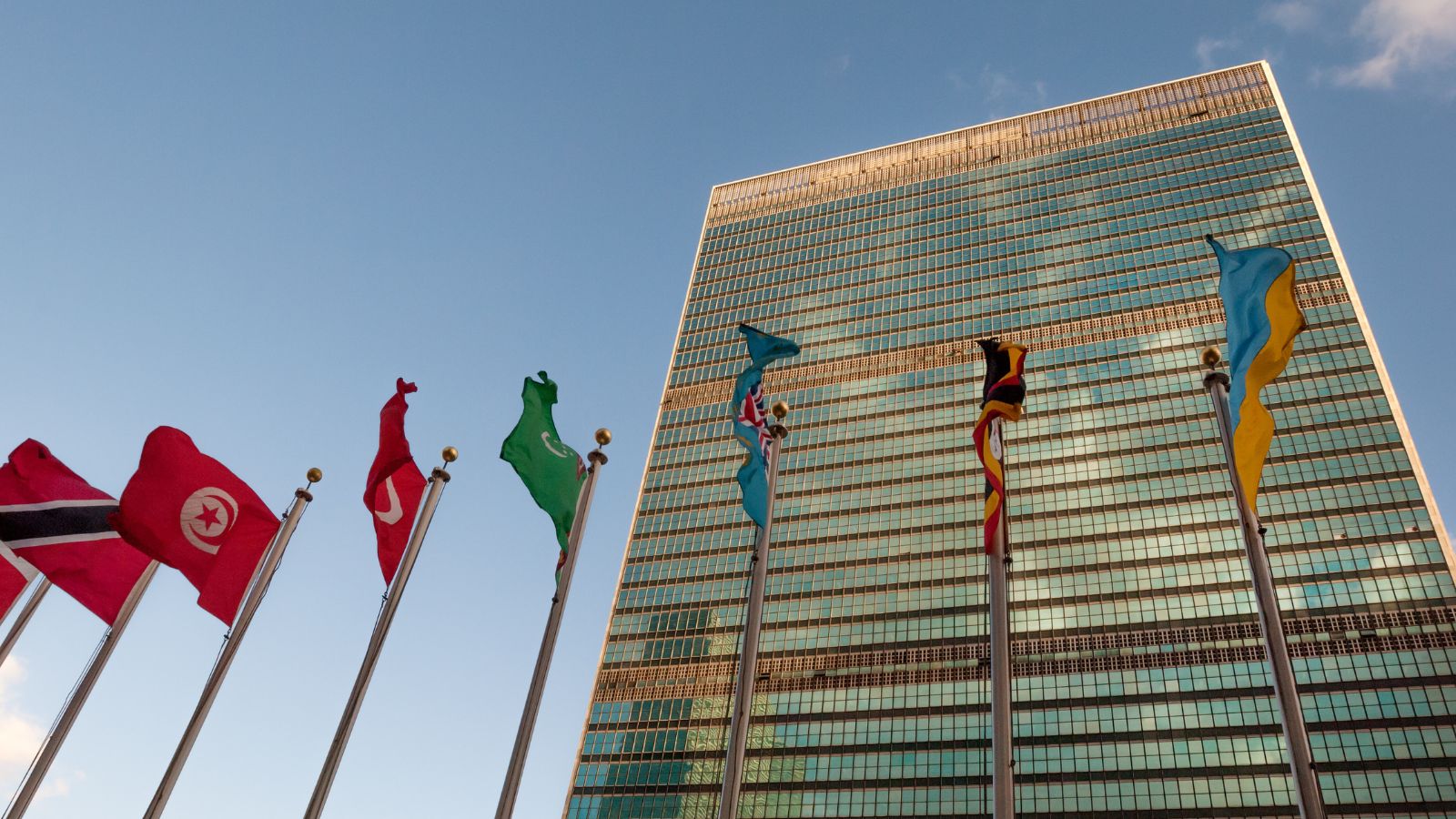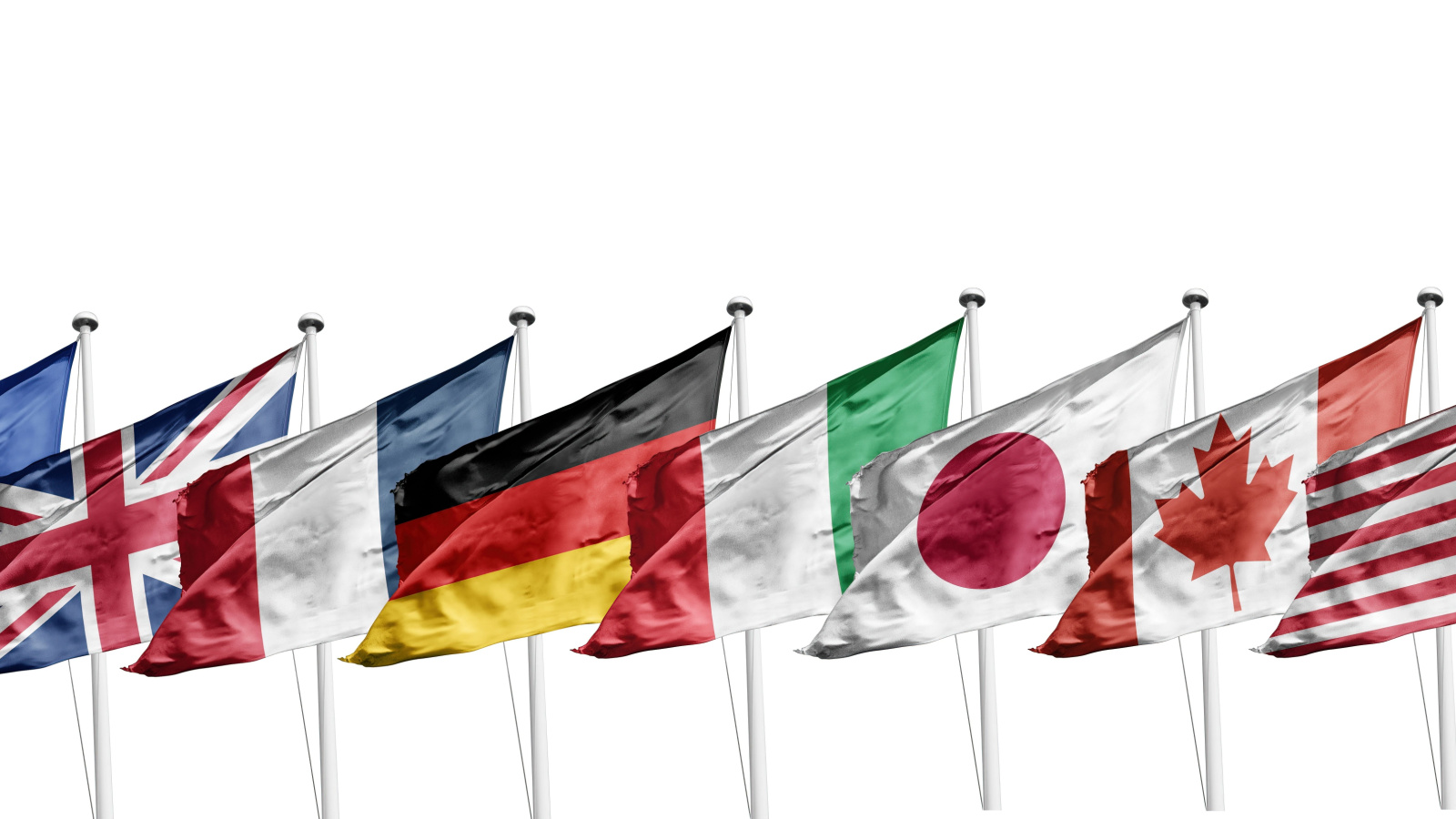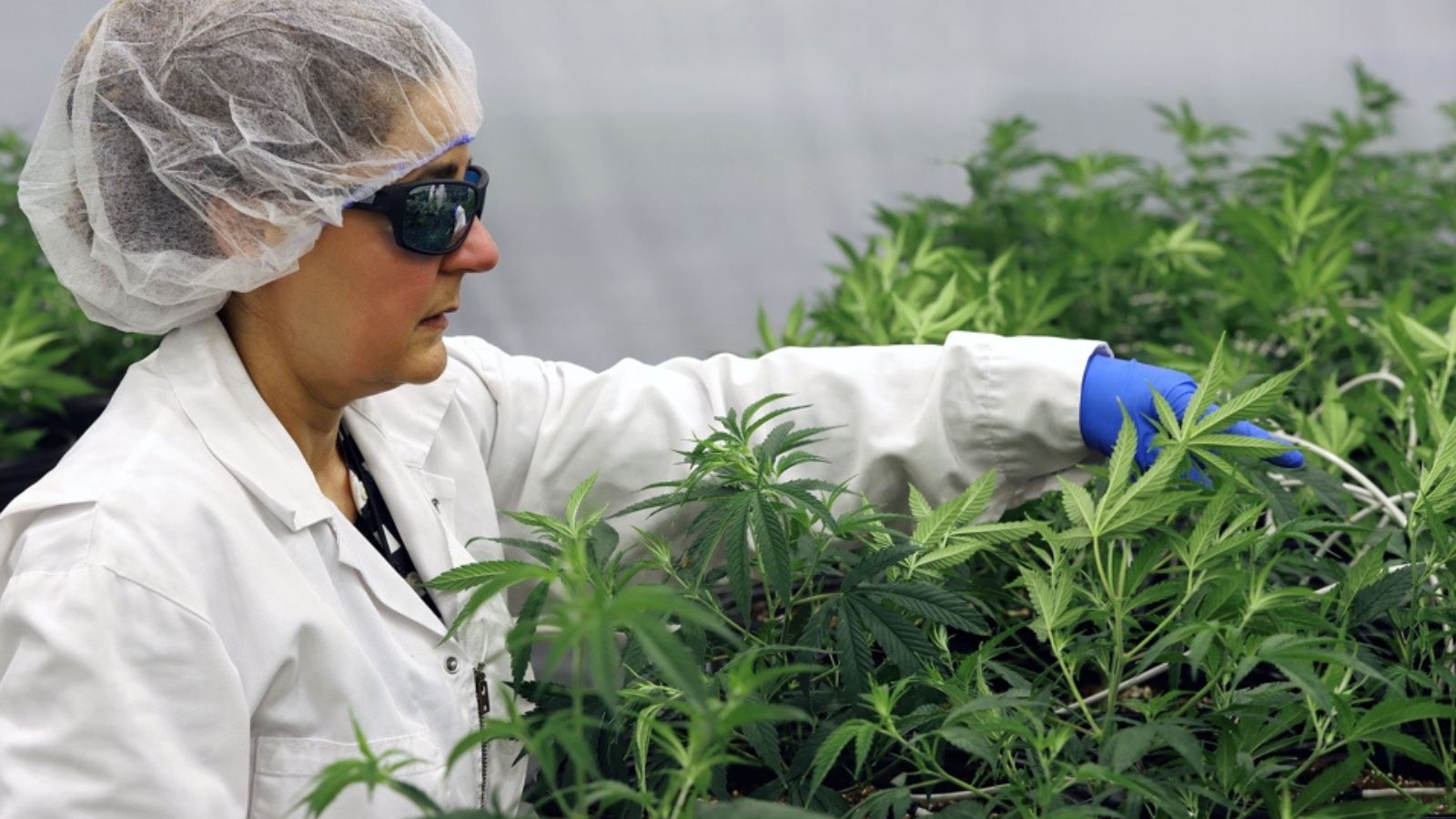Canada has quietly built a reputation as one of the world’s most stable, inclusive, and forward-thinking countries. While others grapple with deep political divides, healthcare inequality, or social unrest, Canada continues to demonstrate consistent leadership in areas that matter: Public health, education, climate policy, and democratic governance. Here are 24 reasons why the world is increasingly looking north for ideas, policies, and systems worth following.
Universal Healthcare Access

Canada’s universal healthcare system ensures that medically necessary hospital and physician services are publicly funded and accessible to all residents, regardless of income or employment status. Patients do not face direct charges at the point of care. This model reduces inequality, improves health outcomes, and lowers overall system costs through efficient administration. While it does not cover everything—like dental or prescription drugs in all provinces—it remains a key example of healthcare built on fairness and access.
Clean and Reliable Energy Sources

Canada generates over 80% of its electricity from non-emitting sources, including hydro, wind, solar, and nuclear power. Provinces like Quebec and British Columbia rely almost entirely on hydroelectricity. Investments in renewable energy and grid modernization continue across the country. This clean energy mix not only supports Canada’s climate goals but also ensures consistent and affordable electricity for households and businesses. The focus on low-emission power makes Canada a model in energy sustainability and reliability.
Leading AI Research and Innovation

Canada is recognized as a global leader in artificial intelligence research, particularly in deep learning and machine learning. With world-renowned hubs in Toronto, Montreal, and Edmonton, the country has attracted significant investments from both government and tech companies. The Pan-Canadian AI Strategy was the first of its kind and continues to support ethical research, academic institutions, and AI startups. Canada’s collaborative AI ecosystem balances innovation with responsible development and long-term societal benefits.
Transparent Democratic Governance

Canada’s democratic institutions function with strong public accountability, regular elections, and independent oversight. Key systems like the judiciary, Parliament, and electoral commissions operate transparently and without political interference. Citizens have access to public records, policy updates, and independent media coverage. This openness builds trust in government decisions and ensures that democratic processes remain responsive, fair, and representative.
Public Education Quality and Reach

Canada ranks among the top-performing countries in global education assessments, such as the OECD’s PISA scores. Public education is free through high school and is provincially managed, allowing for localized strategies that meet national standards. The system emphasizes literacy, numeracy, and critical thinking. Schools are well-resourced, and participation rates are high. This consistent access to quality education prepares students for higher education and the workforce, helping reduce inequality and improve long-term social mobility.
Low Corruption and Strong Institutions

Canada consistently ranks as one of the least corrupt countries in global indexes, including Transparency International’s Corruption Perceptions Index. Independent ethics commissioners, public disclosure rules, and strong legal systems contribute to low levels of political and corporate misconduct. Institutions operate under clear regulations with checks and balances in place. This integrity supports investor confidence, fair competition, and effective governance, making Canada a trusted environment for both public and private sector engagement.
Multicultural Integration Policies

Canada formally adopted multiculturalism as government policy in 1971, recognizing cultural diversity as a national asset. Immigrants are encouraged to preserve their cultural heritage while becoming full participants in Canadian society. Programs supporting language training, employment access, and anti-discrimination are widely available. Cities like Toronto, Vancouver, and Montreal are home to communities from around the world, living with relatively low social tension.
Strong Climate Commitments

Canada has pledged to reach net-zero emissions by 2050 and has implemented policies like national carbon pricing, emissions caps on the oil and gas sector, and incentives for clean energy. Federal and provincial governments fund renewable energy, public transit, and energy-efficient infrastructure. While challenges remain in balancing natural resource development and climate goals, Canada’s legally binding targets and transparent reporting make it a serious contributor to global climate action.
Gender Equality Initiatives

Canada promotes gender equality through both legislation and funding, addressing pay equity, representation in leadership, and access to services. Programs like the Pay Equity Act and gender-based budgeting are designed to close wage gaps and ensure inclusive economic participation. The government has also advanced affordable childcare policies, which help working parents—particularly women—balance career and family. Gender equality is also a central focus in Canada’s foreign aid and diplomacy strategies.
Indigenous Rights Recognition Efforts

Canada has taken steps to improve its relationship with Indigenous peoples by recognizing past harms and working toward reconciliation. Legal recognition of Indigenous land rights, self-governance agreements, and efforts to preserve Indigenous languages and cultures are ongoing. The Truth and Reconciliation Commission and its 94 Calls to Action continue to guide policy reform. While much progress remains, Canada’s commitment to addressing Indigenous issues is an essential example of national reflection and responsibility.
Global Peacekeeping Support

Canada has a long history of contributing to UN peacekeeping missions, supporting conflict resolution, and humanitarian aid. Although the number of troops deployed has declined from its peak, Canada continues to provide expertise, training, and financial support. Canadian peacekeepers have served in regions like Mali, Haiti, and Cyprus. The country also promotes global peace through diplomatic efforts, conflict prevention programs, and support for multilateral institutions focused on security and human rights.
Fair and Regulated Immigration System

Canada operates a transparent, points-based immigration system that prioritizes skills, family reunification, and humanitarian needs. The government sets annual immigration targets based on labour market needs and population growth goals. Programs like Express Entry and Provincial Nominee streams make the process efficient and predictable. Refugee resettlement efforts are also well-structured, including private sponsorship models. This orderly and fair system supports economic growth while maintaining public trust and social stability.
Active Role in G7 and G20 Forums

Canada plays a consistent and collaborative role in the G7 and G20, shaping global discussions on trade, climate change, economic policy, and digital governance. It advocates for inclusive economic growth, climate resilience, and financial system transparency. Canada’s participation is marked by multilateral diplomacy and evidence-based policymaking. As a trusted middle power, it often helps bridge consensus between larger economies, enhancing the credibility and balance of global agreements.
Public Broadcasting and Cultural Promotion

Canada supports public media through institutions like the CBC/Radio-Canada, which provide news, education, and entertainment in both official languages. These services are funded publicly but operate at arm’s length from government control. The country also promotes local content through Canadian content (CanCon) regulations. These policies preserve cultural identity, ensure diverse voices are heard, and counter the dominance of foreign media—particularly from the US—in the domestic market.
Environmental Protection Programs

Canada implements nationwide programs focused on conservation, pollution reduction, and sustainable development. It has expanded national parks, improved water quality standards, and restricted single-use plastics. Federal and provincial laws govern environmental assessments for major projects. The country also invests in green innovation and biodiversity preservation. While enforcement and coordination can vary, Canada’s environmental governance framework reflects a long-term commitment to protecting its ecosystems and meeting international sustainability goals.
Urban Planning and Walkable Cities

Canadian cities like Vancouver, Montreal, and Ottawa prioritize transit-oriented development, mixed-use zoning, and pedestrian-friendly design. Local governments invest in cycling infrastructure, green spaces, and public transit systems to reduce car dependency. Urban policies often include climate resilience measures and housing affordability targets. Though growth challenges remain, Canada’s approach to city planning balances livability, sustainability, and access, making many of its urban centres models for thoughtful development.
Support for Arts and Creative Industries

Canada invests in its creative economy through grants, tax credits, and institutional support for film, music, literature, and digital media. Agencies like the Canada Council for the Arts and Telefilm Canada help fund projects that promote Canadian culture at home and internationally. These policies ensure the survival of local storytelling in a globalized media environment and contribute significantly to employment and innovation in the cultural sector.
Legal Cannabis Regulation Framework

Canada became the second country in the world to legalize recreational cannabis nationwide in 2018. The framework prioritizes public health, safety, and regulatory control. Licensed producers must meet strict quality standards, and provinces manage retail distribution. This approach aims to eliminate the black market, restrict youth access, and ensure product transparency. While implementation varies regionally, Canada’s legal cannabis model is often cited globally as a benchmark for regulated drug policy.
Rural Healthcare and Digital Inclusion

Canada’s healthcare system includes specific funding and service models for rural and remote communities. Initiatives like telehealth and mobile clinics expand access to care, especially in northern and Indigenous regions. Additionally, federal programs promote broadband internet expansion, which supports remote learning, virtual care, and economic participation. These investments reduce regional disparities and help maintain basic service equity across Canada’s vast geography.
Safe Cities with Low Crime Rates

Canada’s healthcare system includes specific funding and service models for rural and remote communities. Initiatives like telehealth and mobile clinics expand access to care, especially in northern and Indigenous regions. Additionally, federal programs promote broadband internet expansion, which supports remote learning, virtual care, and economic participation. These investments reduce regional disparities and help maintain basic service equity across Canada’s vast geography.
Focus on Mental Health Services

Canada has increasingly prioritized mental health as part of its public healthcare framework. National and provincial strategies include funding for counseling, crisis lines, youth mental health initiatives, and workplace wellness programs. Campaigns like “Bell Let’s Talk” have raised awareness and reduced stigma. While demand still outpaces resources in some areas, consistent public investment and policy focus signal that mental health is viewed as essential to overall well-being.
Accessible Higher Education

Canadian universities and colleges are publicly supported, with tuition costs that are relatively lower than those in the US. Financial aid, grants, and student loan programs improve access, especially for low- and middle-income families. Provincial residency policies also reduce in-province tuition rates. While affordability challenges remain, Canada’s higher education system is recognized for balancing quality and accessibility, attracting both domestic and international students.
Transparent Data and Open Government

Canada maintains open government practices by publishing accessible data on budgets, demographics, healthcare, and environmental indicators. The Access to Information Act ensures public records can be requested and reviewed. Initiatives like the Open Government Portal and proactive disclosure of government spending help build public trust. Transparency also supports accountability, allowing citizens, journalists, and researchers to assess how effectively government policies are being implemented.
Consistent Quality of Life Rankings

Canada regularly ranks high in global quality of life indexes due to its strong healthcare system, public education, low crime rates, and political stability. Cities like Calgary, Vancouver, and Toronto frequently appear in rankings for livability and safety. The combination of economic opportunity, environmental quality, and social services contributes to this standing. These consistent rankings reflect a balanced approach to development that values both growth and well-being.
21 Products Canadians Should Stockpile Before Tariffs Hit

If trade tensions escalate between Canada and the U.S., everyday essentials can suddenly disappear or skyrocket in price. Products like pantry basics and tech must-haves that depend on are deeply tied to cross-border supply chains and are likely to face various kinds of disruptions
21 Products Canadians Should Stockpile Before Tariffs Hit
